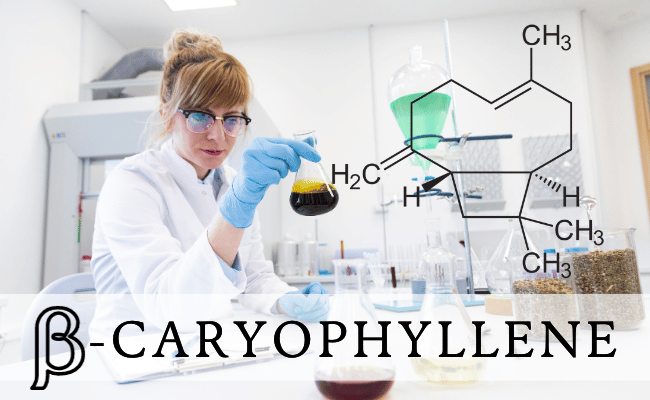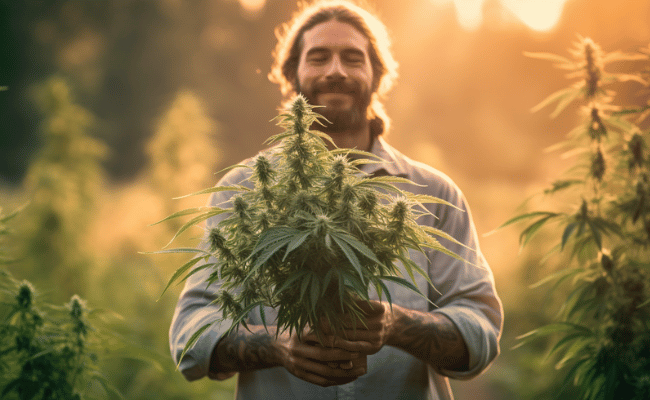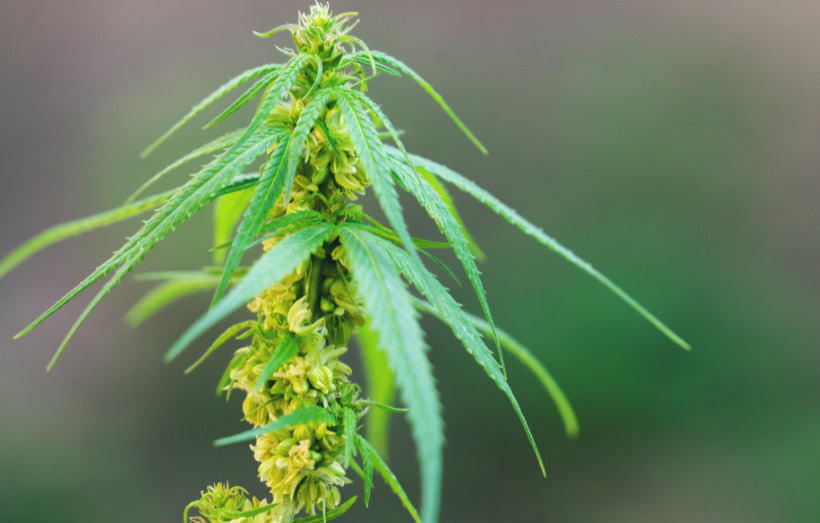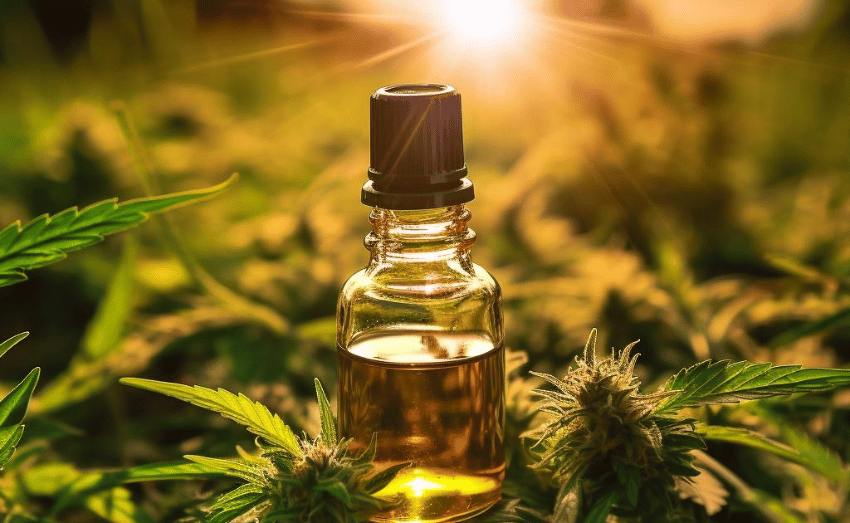When it comes to choosing sustainable crops, hemp is increasingly becoming the go-to option. With its fast growth cycle, low water usage, and minimal need for pesticides, it’s easy to see why. But what does science say, and why is hemp getting so much attention now? In this article, we delve into the facts to see just how sustainable hemp really is.
Understanding Sustainability
Sustainability is a term that’s often thrown around, but what does it actually mean? In the simplest terms, it means meeting our current needs without compromising the ability of future generations to meet their own needs. In agriculture, this translates to growing crops in a way that doesn’t deplete the earth’s resources or cause long-term harm to the environment.
Why Hemp is Considered Sustainable
Hemp is considered a sustainable crop for several reasons. Below, we break down the key factors that contribute to hemp’s sustainability:
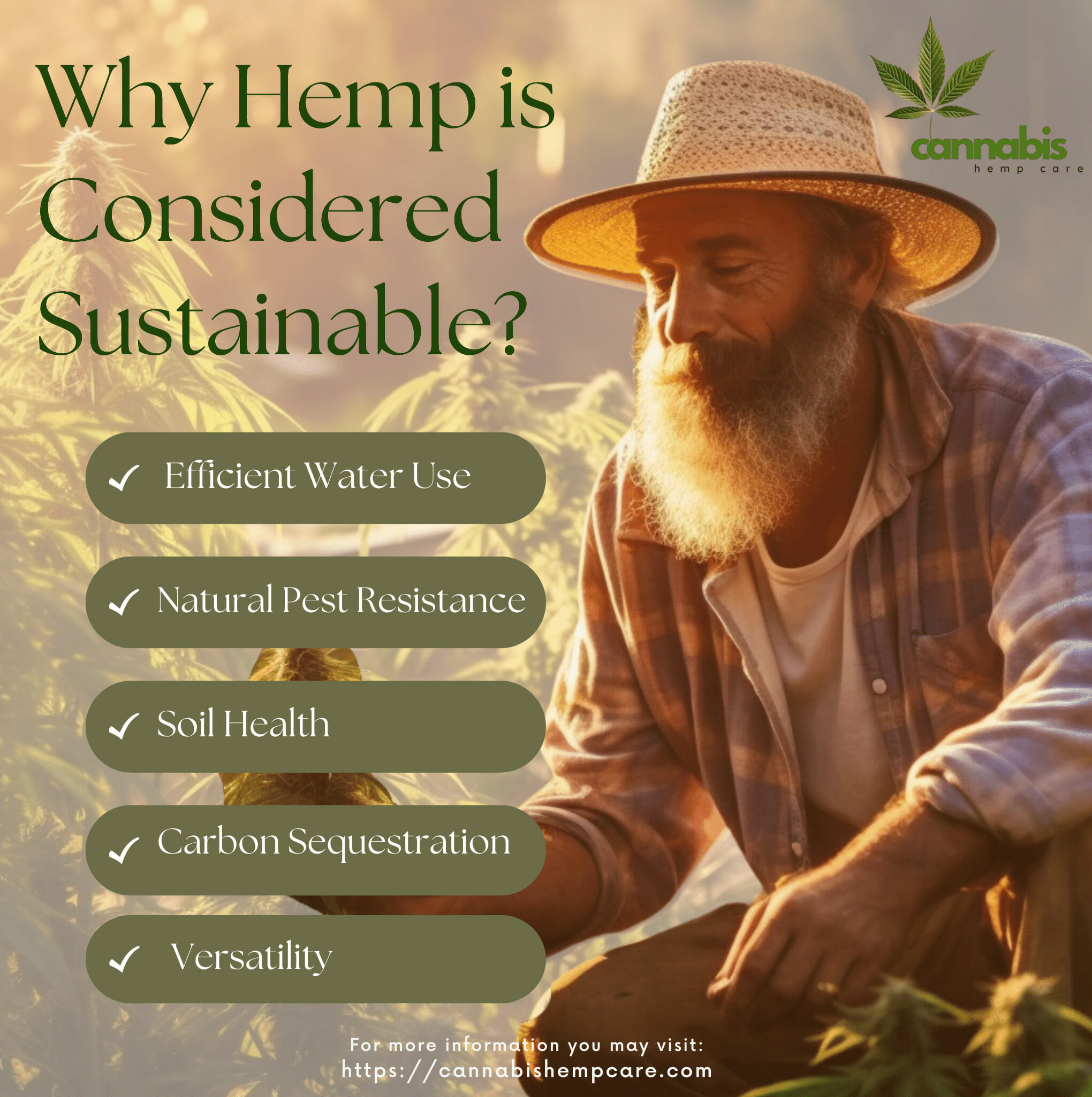
- Efficient Water Use: Hemp requires less water compared to other major crops like cotton. In fact, hemp uses about half the amount of water needed for cotton. This is particularly important in areas prone to drought or where water resources are scarce.
- Natural Pest Resistance: Hemp plants have a natural resistance to many pests, which means they don’t require as much pesticide use. Pesticides can have harmful effects on the environment, including contaminating water sources and harming beneficial insects.
- Soil Health: Hemp plants have deep roots, which help prevent soil erosion. They also help improve soil structure, making it more fertile and able to retain water more effectively. Additionally, hemp plants return nutrients to the soil as they grow, further enhancing soil health.
- Carbon Sequestration: Hemp plants absorb carbon dioxide (CO2) from the atmosphere during their growth. This process, known as carbon sequestration, helps reduce the overall levels of CO2 in the atmosphere, one of the major greenhouse gasses responsible for climate change.
- Versatility: Almost every part of the hemp plant can be used, including the seeds, stalks, and leaves. This means less waste and a wide range of sustainable products, from textiles and construction materials to food and cosmetics.
How Does Hemp Compare to Other Crops?
Hemp is often compared to cotton, another common textile crop. But the differences are stark:
- Water Consumption: Hemp requires only about half the water of cotton to produce the same amount of fiber.
- Pesticide Use: Cotton accounts for nearly 25% of the world’s insecticide use and 10% of global pesticide use, while hemp requires minimal chemical assistance.
- Soil Impact: Cotton depletes the soil of essential nutrients, while hemp enriches it.
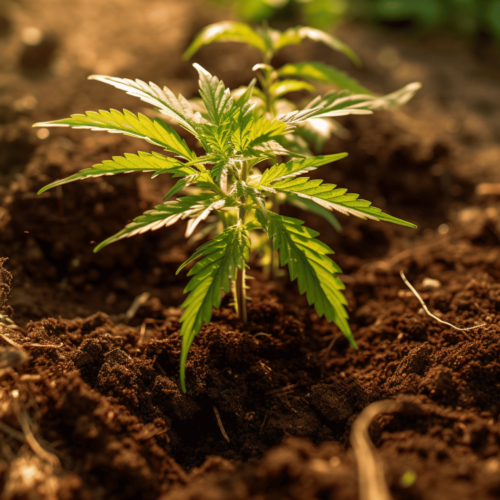
Is Hemp a Perfect Solution?
While hemp’s sustainability is promising, there are a few considerations:
- Processing: Turning raw hemp into usable products requires energy and resources. However, technological advancements are making this process more sustainable.
- Genetic Modification: Some hemp strains are genetically modified for better yields or pest resistance. While this can be beneficial, it raises questions about biodiversity and long-term environmental impacts.
- Legal Restrictions: Although more countries are legalizing hemp, there are still regulatory hurdles in some places that may impede sustainable cultivation.
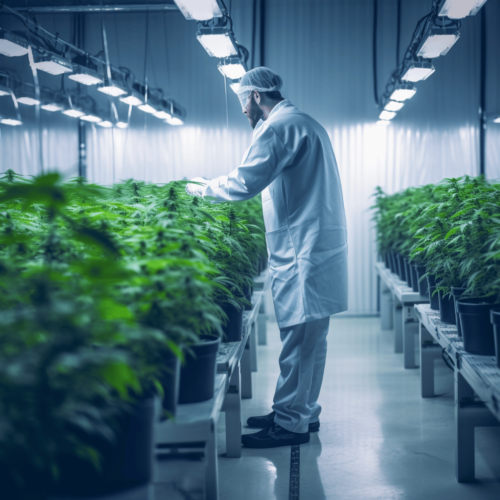
What Do the Experts Say?
Paul Benhaim – Champion of Hemp’s Nutritional Value and Hemp Plastic
Paul Benhaim, a well-respected figure in the hemp industry, has long recognized the plant’s multifaceted benefits. He has not only championed the nutritional value of hemp seeds but has also ventured into the field of hemp plastic.
Through his company, Hemp Foods Australia, Benhaim has emphasized the high-protein, low-carbohydrate, dietary fiber-rich, and unsaturated fatty acid-rich nature of hemp seeds. Hemp seeds have increasingly been incorporated into a wide array of food products due to these nutritional benefits. Benhaim’s belief in the utility of hemp extends beyond food, and he has branched out into hemp plastic through his other venture.
As per a report published in the journal Sustainability, hemp-based bioplastics can potentially replace petroleum-based plastics. Benhaim has set an ambitious goal for his company to become the largest Hemp Plastic manufacturer in the world, with plans to process 50 million pounds of hemp plastic this year. While this may be a small fraction of the world’s plastic consumption, it’s a significant step forward for the hemp industry. The feasibility of scaling up this sustainable alternative is being closely watched, and experts like Benhaim are leading the charge.
Morris Beegle – Advocate for Industrial Hemp’s Versatility and Environmental Benefits
Morris Beegle, co-founder and president of WAFBA (We Are For Better Alternatives), is a strong advocate for industrial hemp and its potential to revolutionize sustainable agriculture. His commitment to educating people about the benefits of hemp spans various industries, from paper and textiles to music.
Beegle’s company, TreeFreeHemp, produces a wide array of custom products such as paper, business cards, flyers, and posters from hemp, showcasing the plant’s versatility. Drawing from his background in the music industry, Beegle has even produced boutique, custom-made guitars, using hemp for the body, straps, picks, and volume knobs. While these may be considered novelty items, they serve to educate and illustrate the broad range of applications for hemp.
Furthermore, Beegle is passionate about the role of hemp in addressing climate change. As he points out, industrial agriculture is a significant driver of climate change, and hemp presents a more sustainable, organic, and regenerative alternative. Hemp crops require less water, have natural pest resistance, and sequester carbon dioxide, making them a more environmentally friendly option than cotton, soy, or corn.
Experts like Paul Benhaim and Morris Beegle highlight the vast potential of hemp in the fields of nutrition, plastics, paper, textiles, and beyond. Their ventures serve as real-world examples of how hemp can be integrated into various industries and contribute to more sustainable practices. The growing recognition of hemp’s benefits, coupled with continued research and supportive regulations, indicates a promising future for this versatile plant.
What’s Next for Hemp?
With the global industrial hemp market projected to reach US$10.6 billion by 2025, hemp’s future looks bright. As more countries embrace hemp, we can expect more sustainable practices, innovative uses, and scientific research.
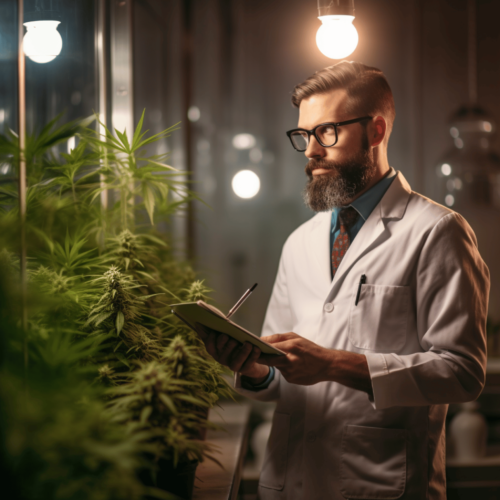
Conclusion
Hemp’s rapid growth, low water needs, natural pest resistance, and soil-enriching properties make it a sustainable crop. While there are some challenges, such as processing and legal restrictions, the potential benefits far outweigh the drawbacks. As technology advances and regulations ease, we can expect hemp to play an even more significant role in sustainable agriculture. As consumers, we can also support hemp by choosing hemp-derived products, fostering a more sustainable world.
FAQs
Is hemp more sustainable than wood?
Yes, hemp is considered more sustainable than wood in many respects. Hemp grows faster than trees, requiring just a few months to mature, while many trees take decades. This rapid growth rate allows for more frequent harvests, providing a quicker yield of raw material. Moreover, hemp produces more fiber per acre than trees, making it a more efficient source for paper and other products. Additionally, cultivating hemp can improve soil health and doesn’t demand vast amounts of water or pesticides.
Is hemp renewable or nonrenewable?
Hemp is a renewable resource. It can be planted and harvested annually, replenishing the supply regularly. Its rapid growth cycle, combined with its ability to grow in various climates, ensures a consistent and sustainable supply.
Is hemp more sustainable than bamboo?
Both hemp and bamboo have strong sustainability credentials. Bamboo grows incredibly fast and can also regenerate from its roots, so it doesn’t need replanting. Hemp, on the other hand, enriches the soil it’s grown in and requires fewer pesticides than most traditional crops. While both have their unique benefits, it can be argued that hemp has a slight edge due to its versatility in applications and its benefits to the soil.
Is hemp protein environmentally friendly?
es, hemp protein is environmentally friendly. Producing hemp protein requires significantly less water and land compared to animal-based proteins. Additionally, hemp cultivation often avoids the use of harmful pesticides and fertilizers, making it a cleaner crop. As consumers become more conscious of their carbon footprint, hemp protein presents a sustainable alternative to traditional protein sources.
What is the most sustainable plant?
Determining the “most sustainable” plant depends on the criteria used for evaluation. However, some of the front-runners in sustainability include hemp, bamboo, and algae. All of these plants grow rapidly, require minimal resources, and have multiple uses, from food to industrial applications. Among these, hemp is often lauded for its versatility, from textiles to food to biofuel, making it a strong contender for the title.

